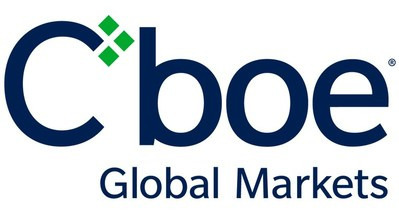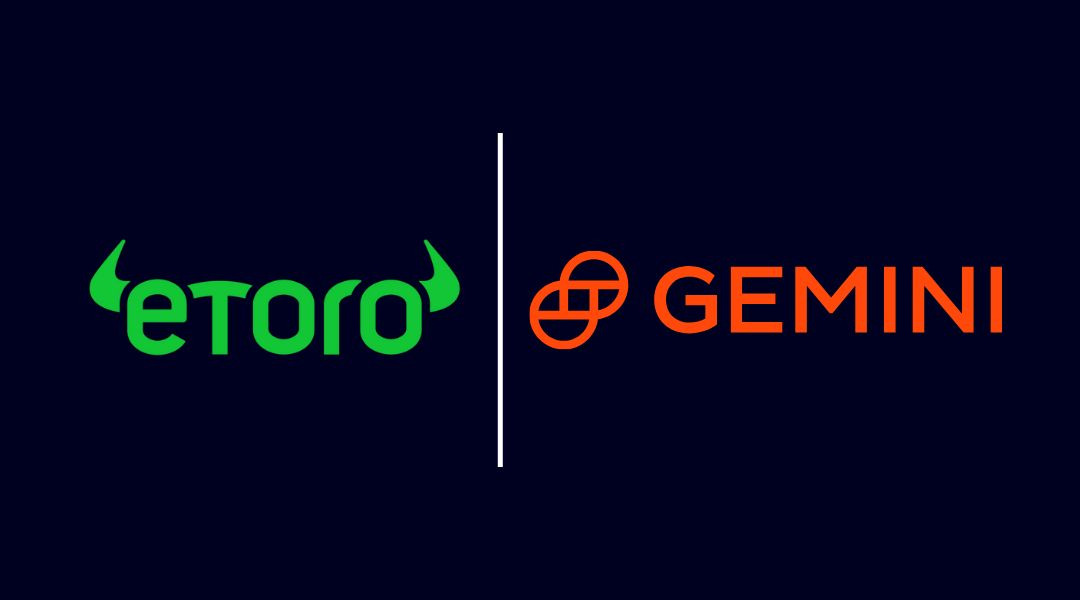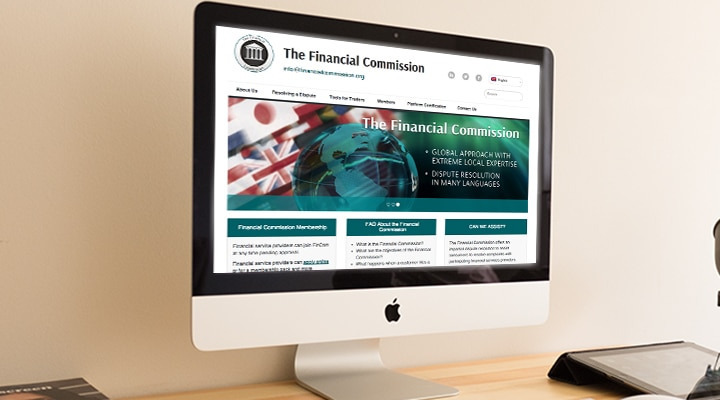The Malta Financial Services Authority (MFSA) has issued a warning today (Friday) about potential impersonation of its officials. Individuals or entities may be circulating documents, messages, and emails falsely claiming to come from the MFSA.
The Authority advises the public to be vigilant and cautious when receiving unsolicited communications, even from familiar sources.
Identify Potential Fraud Red Flags
Indicators of potentially fraudulent documents or emails include unexpected or unusual communication from the MFSA or local authorities. Other signs to watch for are urgent or threatening language requesting payments or personal information, low-quality logos, and spelling or grammatical errors.
References to unlicensed financial service providers and email addresses that do not come from the MFSA domain are also red flags. Additionally, text messages from private numbers claiming to be from the MFSA should be treated with suspicion.
Meanwhile, the Cyprus Securities and Exchange Commission (CySEC) has issued warnings about a recent increase in sophisticated financial scams aimed at investors across various channels. This includes instances of scammers impersonating the regulator and exploiting the likenesses of well-known individuals and celebrities.
In a statement, CySEC informed the public about fraudulent websites and email addresses falsely claiming to be associated with the regulator, as reported by Finance Magnates.
Checking License Before Engagement
If there is any doubt about the authenticity of an email or document, the MFSA suggests verifying the entity’s license on its official website. It is recommended to cease communication and refrain from providing further information or funds until confirmation is obtained. Individuals should also contact the MFSA through official channels for verification.
The MFSA reminds the public not to engage in any financial transactions without ensuring that the entity is authorized to provide such services by the MFSA or another reputable financial regulator.
The regulator suggested: “If you are a victim of a scam or think you might be dealing with an unauthorised entity or any other type of financial scam, first of all stop all transactions with the company and contact the MFSA.”


















